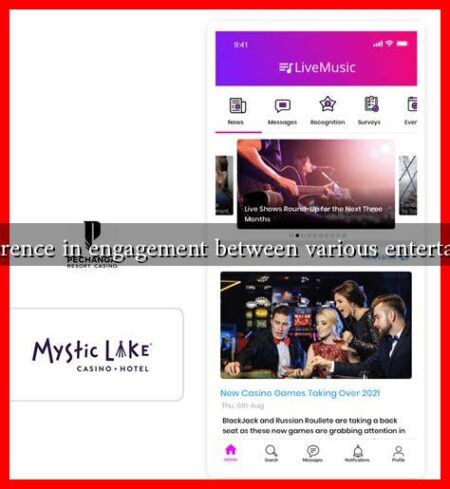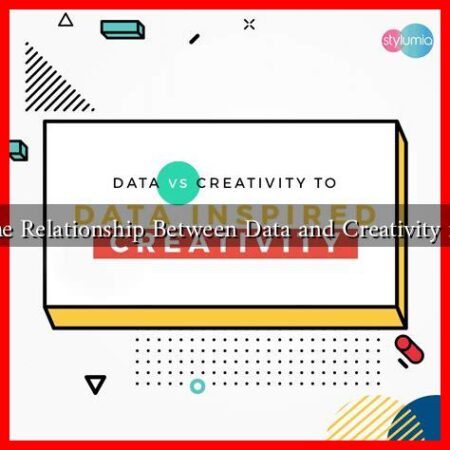-
Table of Contents
Is There Diplomatic Dialogue Currently Happening Between Iran and Israel?
The relationship between Iran and Israel has been characterized by hostility and tension for decades. Both nations have engaged in a complex geopolitical dance, often marked by threats, proxy conflicts, and mutual distrust. However, the question arises: is there any diplomatic dialogue currently happening between these two nations? This article explores the current state of affairs, the historical context, and the potential for future engagement.
Historical Context of Iran-Israel Relations
To understand the current dynamics, it is essential to look at the historical context of Iran-Israel relations:
- Pre-1979 Relations: Before the Islamic Revolution in 1979, Iran and Israel maintained relatively cordial relations, primarily due to shared interests in countering Arab nationalism.
- Post-1979 Hostility: The revolution led to a significant shift, with Iran adopting an anti-Israel stance, labeling it as a “Zionist regime” and supporting groups like Hezbollah and Hamas.
- Regional Tensions: The ongoing conflict between Israel and Palestinian groups, along with Iran’s nuclear ambitions, has further strained relations.
Current State of Diplomatic Dialogue
As of late 2023, there is no formal diplomatic dialogue between Iran and Israel. However, several developments indicate a complex interplay of indirect communications and back-channel negotiations:
- Indirect Communications: Reports suggest that there have been indirect communications facilitated by third parties, including European nations and the United States. These discussions often revolve around regional security and nuclear issues.
- Regional Alliances: The Abraham Accords, which normalized relations between Israel and several Arab nations, have altered the regional landscape.
. Iran perceives these developments as a direct threat, leading to increased tensions.
- Proxy Conflicts: Iran continues to support proxy groups in Syria and Lebanon, which directly confront Israel. This ongoing conflict complicates any potential for dialogue.
Recent Developments and Statements
In recent months, there have been notable statements from both sides that reflect the current state of affairs:
- Iran’s Stance: Iranian officials have reiterated their commitment to opposing Israel, particularly in light of the ongoing Israeli-Palestinian conflict. Iran’s Supreme Leader, Ayatollah Ali Khamenei, has called for the “elimination of the Zionist regime.”
- Israel’s Position: Israeli leaders have expressed concerns over Iran’s nuclear program and its support for militant groups. Prime Minister Benjamin Netanyahu has emphasized that Israel will take necessary actions to counter Iranian influence in the region.
Potential for Future Engagement
Despite the current lack of formal dialogue, several factors could pave the way for future engagement:
- International Pressure: The international community, particularly the United States and European nations, may push for dialogue as a means to stabilize the region.
- Shared Interests: Both nations may find common ground in addressing mutual threats, such as extremist groups that threaten their security.
- Public Sentiment: There is a growing desire among some segments of the Iranian and Israeli populations for peace and normalization of relations, which could influence political leaders.
Conclusion
In conclusion, while there is currently no formal diplomatic dialogue between Iran and Israel, the geopolitical landscape remains fluid. Indirect communications and the potential for future engagement exist, driven by international pressures and shared interests. However, deep-seated animosities and ongoing conflicts complicate the path toward normalization. As the situation evolves, it will be crucial for both nations to navigate their complex relationship carefully, considering the broader implications for regional stability.
For further insights into the geopolitical dynamics of the Middle East, you can explore resources from the C-SPAN.





